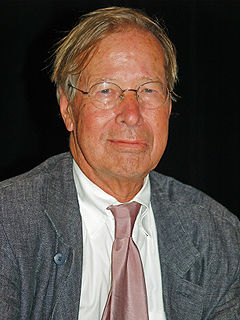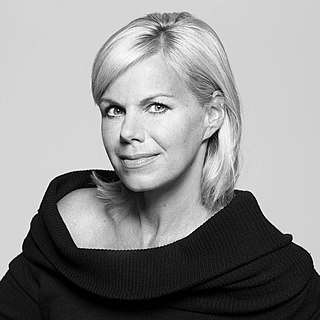A Quote by Rosabeth Moss Kanter
The importance of discretion increases with closeness to the top of a hierarchical organization.
Quote Topics
Related Quotes
The revolution here is from hierarchical to lateral power. That's the power shift. So increasingly a younger generation that's grown up on the internet and now increasingly distributing renewable energies, they're measuring politics in terms of a struggle between centralized, hierarchical, top-down and closed and proprietary, versus distributed, open, collaborative, transparent. This shift, from hierarchical to lateral power, is going to change the way we live, the way we educate our children, and the way we govern the world.
Though this motion for a new trial is an application to the discretion of the Court, it must be remembered that the discretion to be exercised on such an occasion is not a wild but a sound discretion, and to be confined within those limits within which an honest man, competent to discharge the duties of his office, ought to confine himself. And that discretion will be best exercised by not deviating from the rules laid down by our predecessors; for the practice of the Court forms the law of the Court.



































